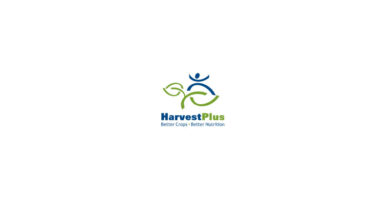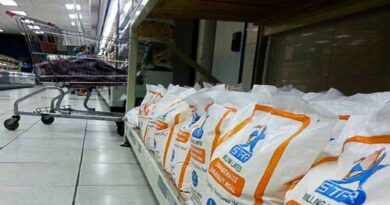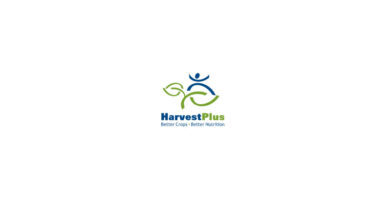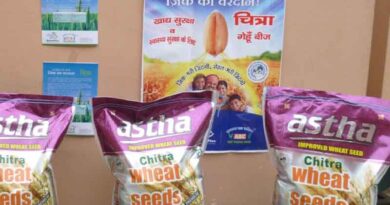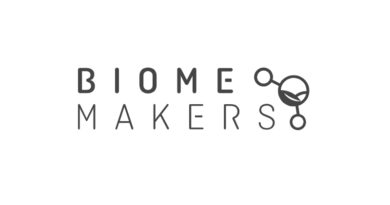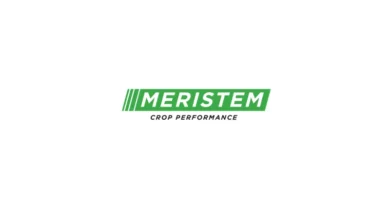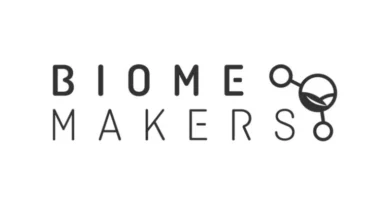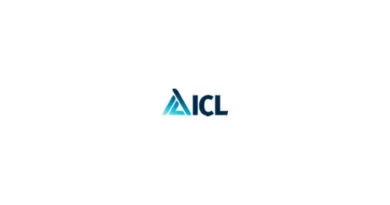Journal Article Surveys Global Regulatory Landscape for Commercialization of Biofortified Foods
30 August 2022, New York: An article published in the Annals of the New York Academy of Sciences summarizes the state of regulatory frameworks for biofortified seeds, foods, and grains in 19 countries plus the European Community.
Co-authors of the article, “The Global regulatory framework for the commercialization of nutrient enriched biofortified foods,” include Jenny Walton, head of demand creation and business development at HarvestPlus, and Wolfgang Pfeiffer, a senior advisor at HarvestPlus. The lead author is Tora Mitra-Ganguli of Path2Health Consulting Ltd.
Nutrient enriched crops (NECs) were developed through biofortification as a tool to reach the world’s most vulnerable households. The delivery model developed by the HarvestPlus program of the CGIAR for the scaling NECs relies on commercial demand from food businesses and consumers, coupled with the ability to promote and market foods that comply with legislation.
This article reviews standards, regulations, and laws, and demonstrates that existing provisions for food labeling are sufficient to carry out sales and marketing of foods made from conventionally bred NECs. The term biofortification is not necessary to create demand and, potentially, is counterproductive. Promoting the natural source of vitamins and minerals and relevant nutrition claims is the most effective and simple way to signpost healthier products to consumers.
Until 2021, it was not possible to distinguish NECs at the grain level from the market standard. However, the development of a globally relevant Publicly Available Specifications allow traders to demand grains that offer a substantial increase in zinc, iron, or vitamin A. Addressing this gap at the grain level ensures that standards and regulations are available end-to-end in the food supply chain providing the enabling environment for the rapid scale of NECs.
“Our view here concludes that standards and regulations are available at every step of the value chain to allow and promote trade of commodities from NECs using conventional breeding, and there is a growing consumer need and demand for naturally nutritious foods. NECs are ripe for growth across the world,” the authors state in their conclusions.
Contact Jenny Walton for more information about the work of HarvestPlus in advancing commercialization of biofortified products.
(For Latest Agriculture News & Updates, follow Krishak Jagat on Google News)


